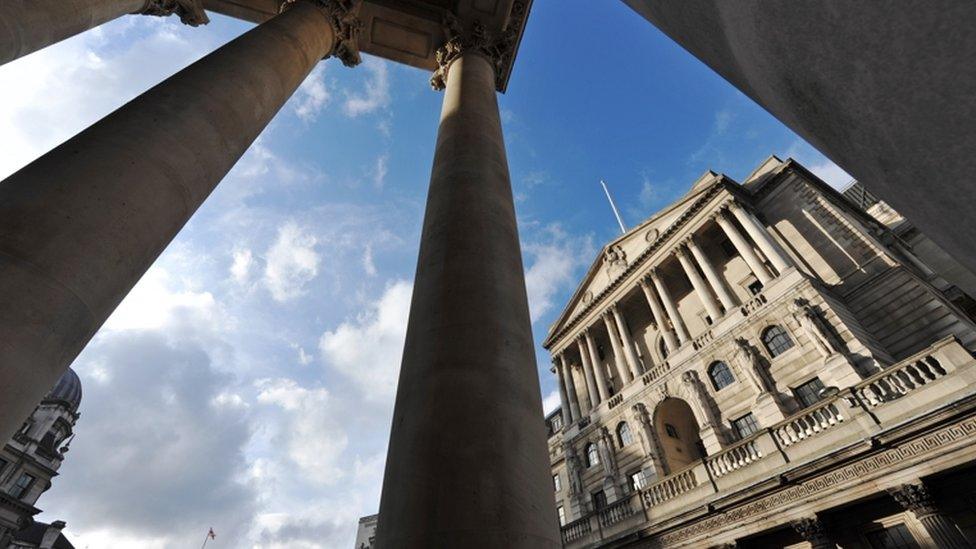UK economic growth slowest since early 2009
- Published
- comments

The economy suffered its worst three months for more than a decade after official figures revealed output failed to grow once again in October.
Office for National Statistics (ONS) data showed the economy flatlined month-on-month in October, after two months of declines.
It was the weakest three months since early 2009.
The figures come ahead of Thursday's general election, with the main parties all promising to boost growth.
Although the service sector expanded 0.2% in the August-to-October period, that was offset by a 0.7% contraction in manufacturing and 0.3% fall in construction. The ONS said there had been "a notable drop in housebuilding and infrastructure in October".
John Hawksworth, chief economist at consultancy PwC, blamed Brexit-related uncertainty for the economy's "loss of momentum".
He said: "Growth seems likely to remain subdued through the rest of 2019, but we would hope for a gradual revival in activity over the course of 2020 if current political and economic uncertainties ease. Our main scenario is for 1% GDP growth in 2020 assuming an orderly Brexit."
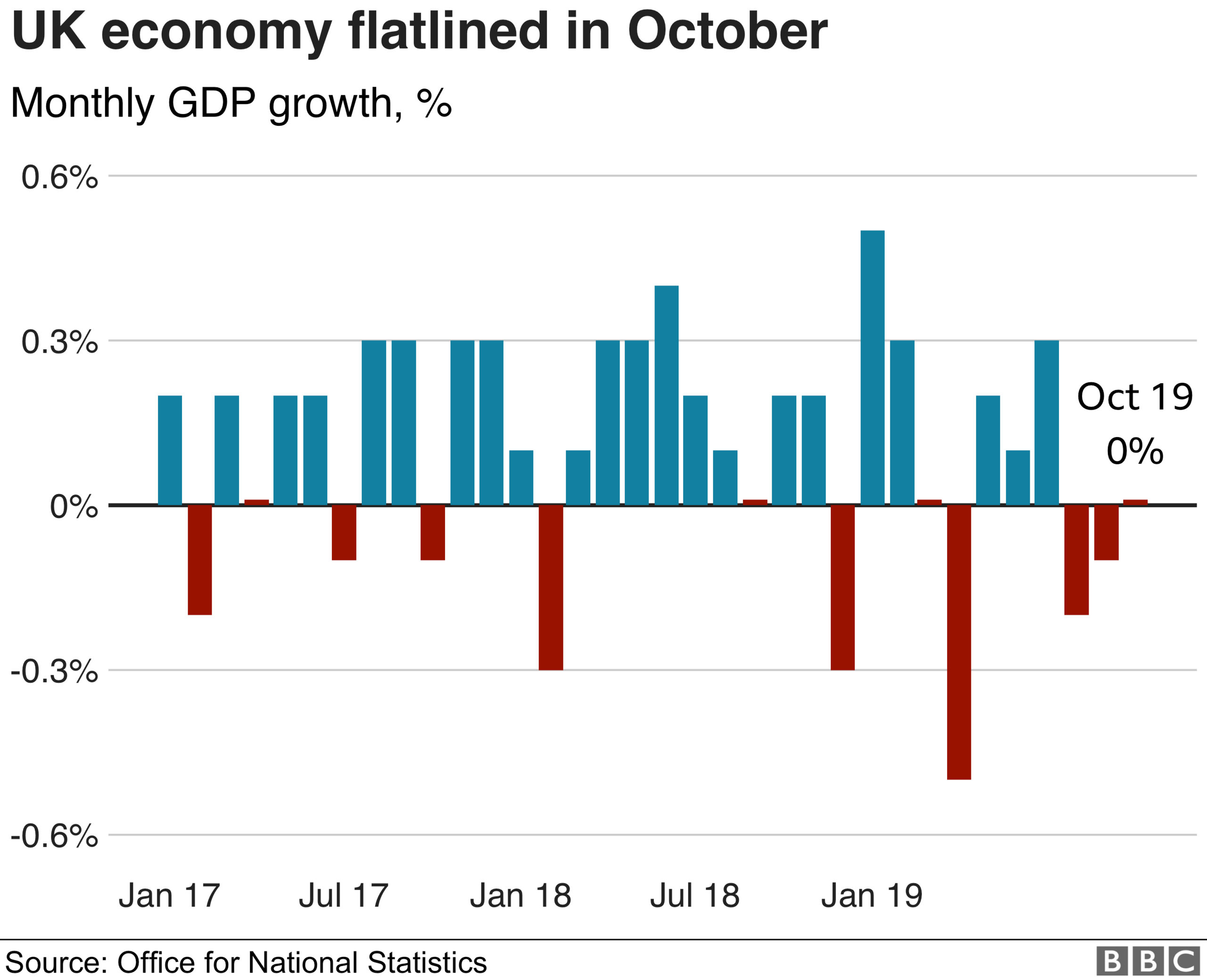
Professor Costas Milas, of the University of Liverpool's management school, described the figures as "quite poor".
"The main point is that our economy continues to disappoint badly, which will probably bring a Bank of England interest rate cut much closer especially if Thursday's election turns out very inconclusive," he said.
Jack Leslie, economic analyst at the Resolution Foundation, said that the UK's domestic challenges come against a weak global economic outlook for next year.
"While the main parties have avoided any discussion of this challenging economic environment during the election campaign, navigating it will be a central task for the next government nonetheless," he said.
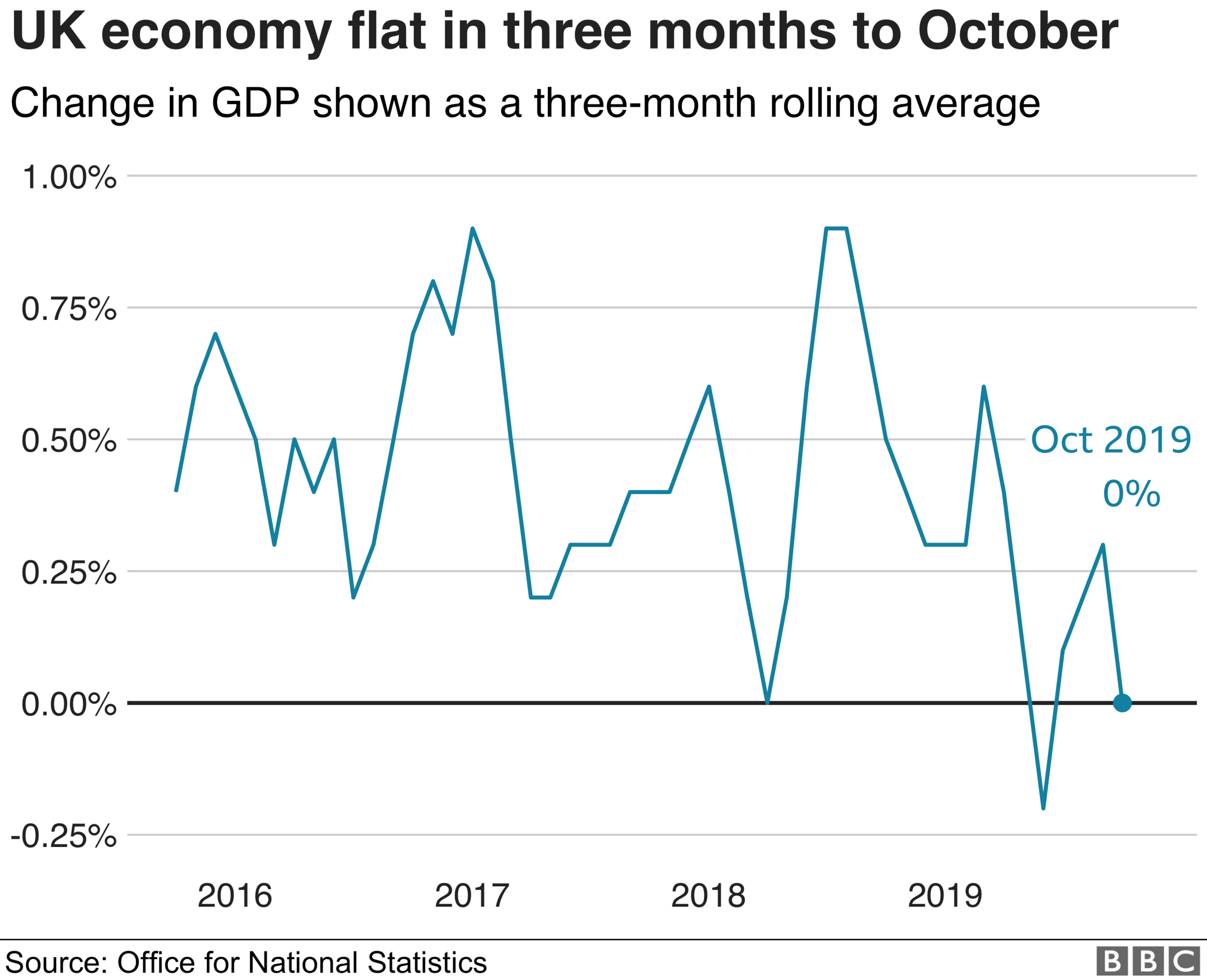
However, the pound shrugged off the figures, continuing to rise on Tuesday after gains on Monday. In early London trading, sterling was up 0.2% at $1.3157, and against the euro rose 0.1% to 84.18p
"Sterling price action is all about the upcoming parliamentary election and real economic data should continue to play second fiddle," ING analysts said in a note sent to clients.
Separately, the ONS released trade data which showed Britain's goods trade deficit widened by more than expected to nearly £14.5bn in October from £11.5bn in September.
- Published11 November 2019
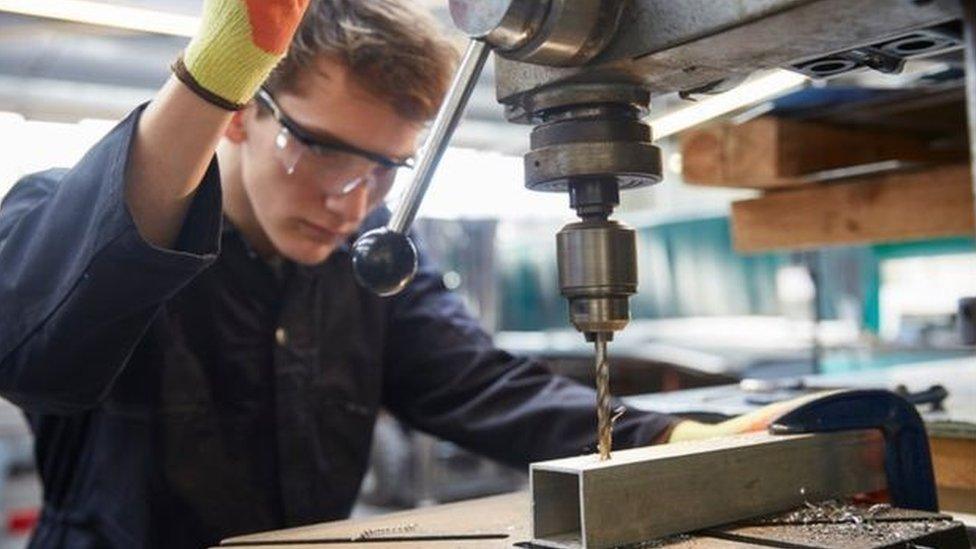
- Published12 November 2019
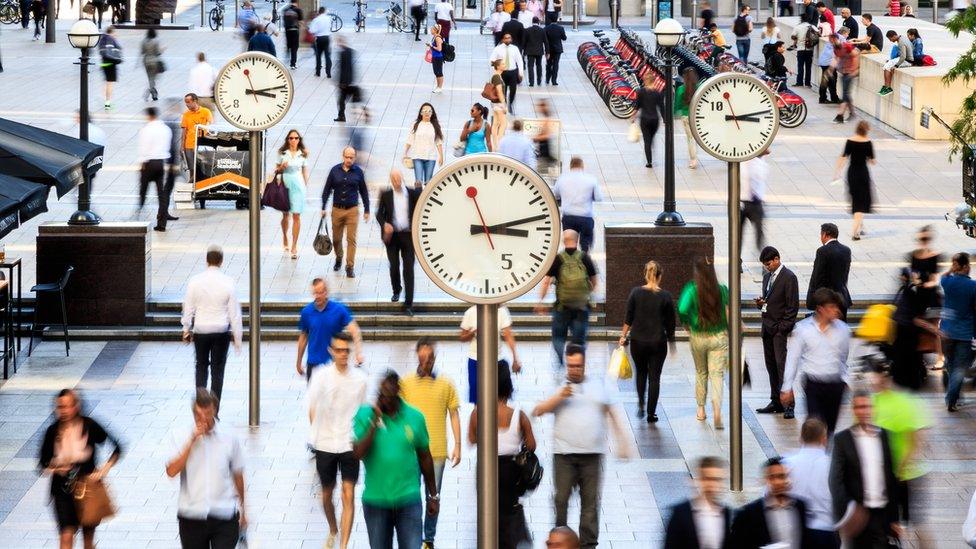
- Published7 November 2019
